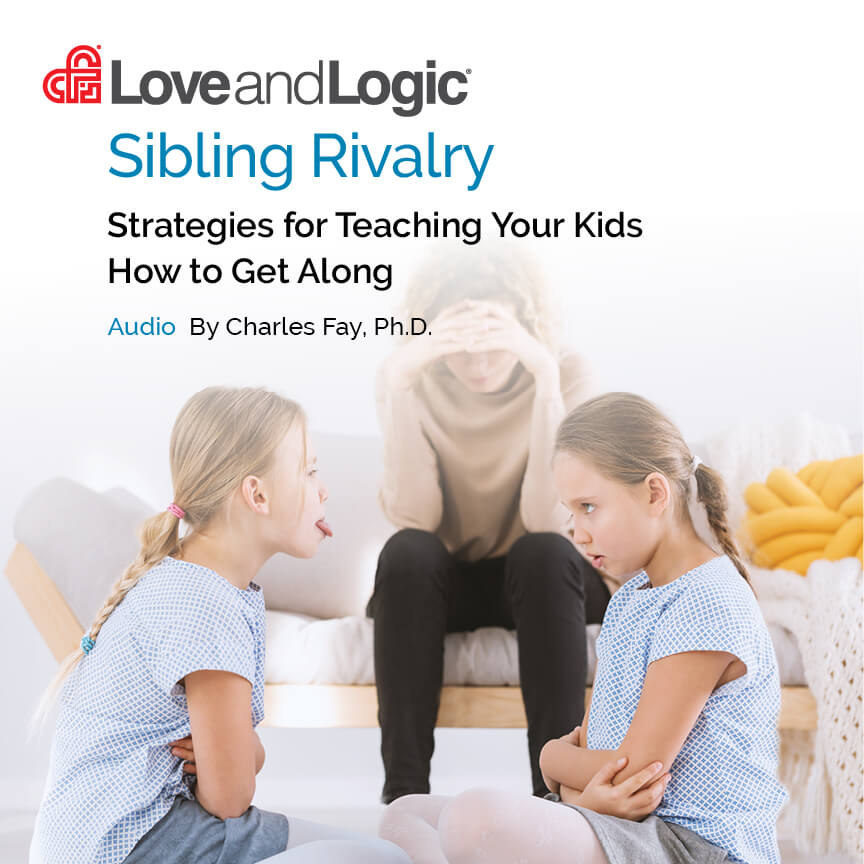Sibling Conflict Is a Normal Part of Growing Up—But It’s Changing
Sibling rivalry is a normal part of growing up—but it seems to have become more intense. Over the past few years, families have experienced increasing stresses that often spill over into sibling dynamics. Without the necessary mindset and tools, managing sibling conflict can feel frustrating and exhausting.
Focus on Your Relationship With Each Child First
When siblings argue, it's easy to focus only on fixing their relationship with each other. But lasting change starts with strengthening our connection with each child. Kids are more likely to cooperate and show kindness when they feel deeply loved and clearly understand that their parents are in charge in a calm, confident way.
How the Parent-Child Relationship Shapes Sibling Behavior

When children feel unconditionally loved and see their parents as confident authority figures, sibling conflicts tend to decrease. Unfortunately, many well-meaning parents struggle with the authority part of the equation. They want to be kind, but sometimes at the expense of setting and holding boundaries.
When we balance love with leadership, we notice powerful results:
- Kids who are happier and more cooperative at home.
- Greater emotional security, which often leads to fewer sibling blowups.
- A willingness to pause and listen when parents step in calmly.
When we display relational weakness, chronic sibling conflict is a sure result.
What Questions Should You Be Asking Yourself
Parents often spend their energy trying to manage the symptoms of sibling rivalry—breaking up arguments, keeping the peace, or negotiating fairness. But those tactics offer only short-term relief. The deeper, lasting solution stems from reestablishing loving authority in the home and setting firm, enforceable limits.
If you’re feeling overwhelmed by sibling squabbles, pause and ask yourself:
- Have we set clear, realistic limits that we can actually follow through on?
- Are we using empathy and logical consequences to enforce limits—or falling into lecturing or threatening?
- Are our kids finding ways to play us against each other?
- Are we focusing on being friendly authority figures—or trying too hard to be their friends?

How to Set Loving and Consistent Limits That Actually Work
Setting and enforcing limits works best when delivered with a healthy dose of empathy. This is essential for handling conflicts between siblings. By using empathy in conversations as well as by listening rather than lecturing, kids will be more likely to respond by listening and understanding.
Want More Help With Sibling Rivalry?
Learn practical tools to set calm, consistent limits, respond with empathy instead of lectures, and help your kids build lasting respect for each other in our parenting program audio, Sibling Rivalry: Strategies for Teaching Your Kids How to Get Along.
Thanks for reading!


























































